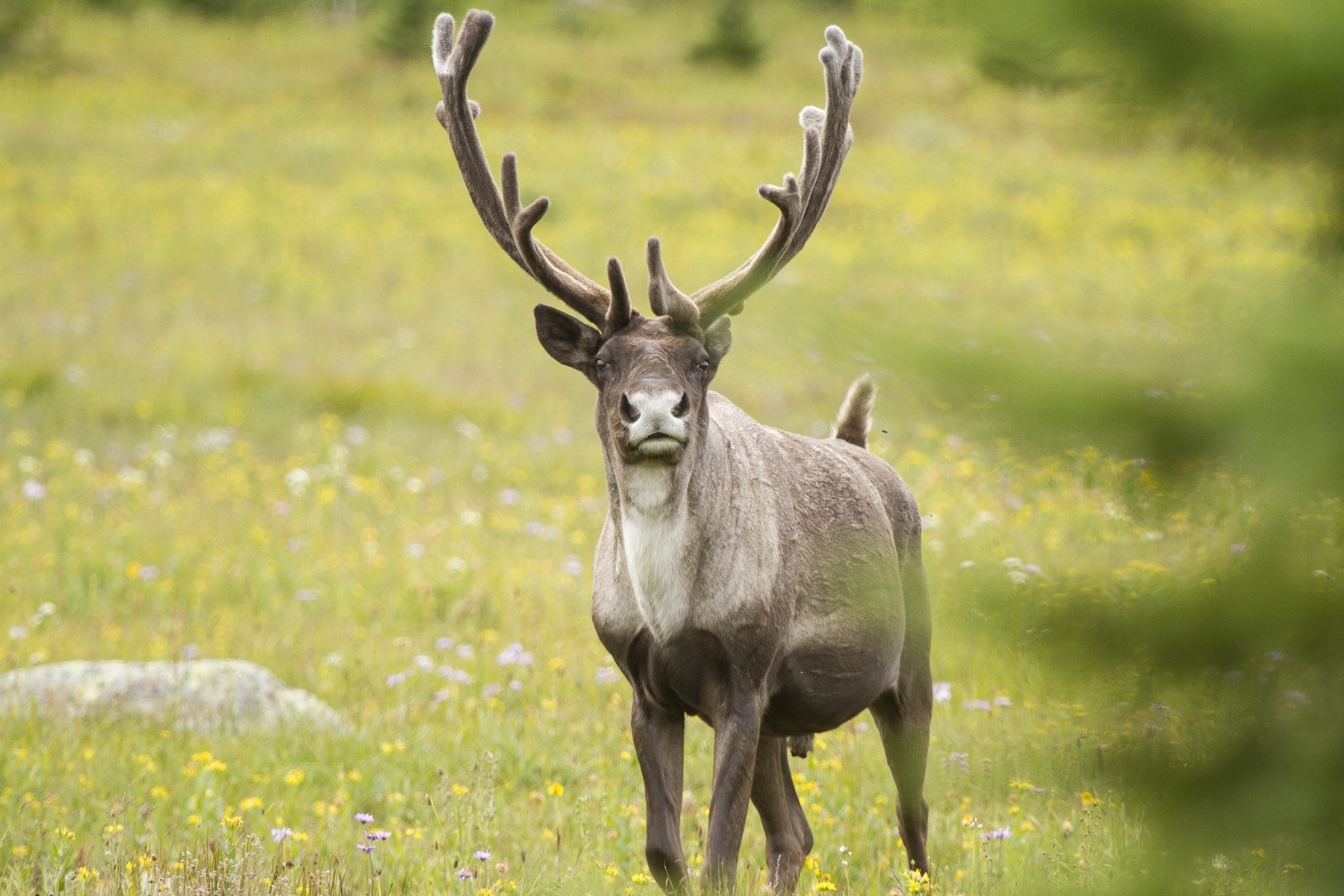Wildsight is calling for a temporary moratorium on logging and road-building activities in southern mountain caribou core habitats.
Wildsight said this comes four years after the provincial and federal governments signed an agreement to protect the animals.
“Under the bilateral ‘section 11 agreement’, signed on February 21, 2020, B.C. committed to both immediate and long-term actions to stabilize the endangered species’ plummeting population, including increasing protection of caribou habitat,” said Wildsight officials.
There is one year left before the agreement expires and Wildight said there has been little progress made, as logging activity in caribou habitats continues.
“Only one-third of the Columbia North herd’s core habitat is protected, despite the federal recovery plan recommending that all of this herd’s core habitat be protected,” said Eddie Petryshen, Wildsight Conservation Specialist.
“In the meantime, the government has continued to approve and try to auction off numerous cutblocks that overlap with the herd’s range, including over 200 hectares in the Wood River Basin and 620 hectares in the Seymour River watershed. Over one third of the Columbia North caribou herd’s core habitat is now disturbed by roads and cutblocks.”
Wildsight officials said the local caribou population is struggling.
“In the Kootenay and Columbia region of eastern B.C., seven deep-snow caribou herds have gone locally extinct since 2005, including two since the section 11 agreement was signed,” said Wildsight officials. “Logging impacts — both from the destruction of core caribou habitat, and logging roads giving predators easier access to caribou herds — have driven these losses.”
“The provincial and federal governments have watched as caribou have disappeared from our mountain ecosystems. B.C. and Canada have spent millions on stop-gap measures, but until they begin tackling the root causes of the problem — habitat loss and fragmentation — caribou populations won’t recover,” said Petryshen.
Wildsight said the federal government released its southern mountain caribou recovery strategy in 2024, which recommended limiting disturbance to their habitats.
“In the five years after the strategy was released, more than 90,900 hectares — an area equivalent to over 227 times the size of Vancouver’s Stanley Park — of critical caribou habitat was logged in B.C.,” said Wildsight.
“Without urgent protection of core caribou habitat from logging and road building, herds like the Columbia North and Groundhog herds will go extinct and B.C. will lose its deep-snow caribou forever. If that happens, the responsibility will sit squarely on B.C. and Canada’s shoulders for failing to do the one thing they knew could save these animals,” said Petryshen. “If we’re going to save deep-snow caribou, we need action on the ground and we need the federal and provincial governments to protect their core habitat immediately.”




